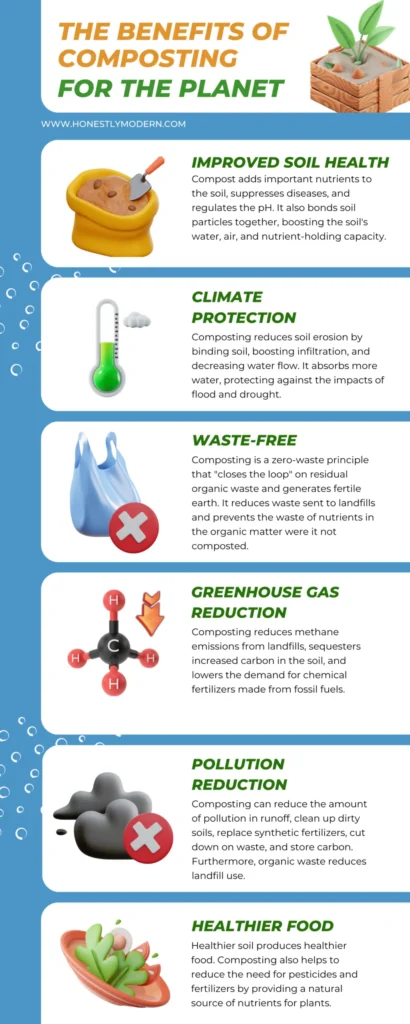In the quest for sustainable agriculture, researchers have been exploring innovative ways to repurpose food waste, turning it into a valuable resource for farmers. A recent study published in *Applied Biological Chemistry* sheds light on the potential and pitfalls of using food waste compost (FWC) to enhance soil health and crop yield. The research, led by Young-Jae Jeong from the Division of Climate Change Assessment at the National Institute of Agricultural Sciences, RDA, offers crucial insights into the balanced application of FWC, which could revolutionize farming practices and contribute to a circular economy.
The study investigated the effects of different amounts of FWC on soil chemical properties, soil carbon stock (SOC), nitrogen use efficiency (NUE), and the growth and yield of Chinese cabbage over three crop seasons. The treatments included no fertilization, inorganic fertilization (NPK, control), and varying amounts of FWC combined with NPK. The findings revealed that while initial applications of FWC enhanced SOC stocks by 8.2%, continuous use declined SOC stocks. Moreover, excessive FWC application decreased NUE by 27.1% and negatively impacted cabbage yield.
“Excessive application of food waste compost can lead to a decrease in nitrogen use efficiency and negatively affect crop yield,” Jeong explained. “However, when applied in optimal amounts, FWC can improve soil properties and enhance crop growth and yield.”
The study found that the FWC2 treatment, which involved applying FWC twice during the second crop season, increased NUE and cabbage yield. Additionally, growth improved in the FWC2 treatment during the first crop season. These results suggest that there is a delicate balance to strike when using FWC to maximize its benefits while minimizing its drawbacks.
The implications of this research for the agriculture sector are significant. As farmers increasingly seek sustainable and cost-effective ways to enhance soil health and crop yield, FWC presents a promising solution. By repurposing food waste, farmers can reduce their reliance on inorganic fertilizers, decrease greenhouse gas emissions, and contribute to a more sustainable food system.
However, the study also highlights the importance of careful management and monitoring when using FWC. Excessive application can lead to increased soil electrical conductivity, sodium content, and exchangeable sodium percentage, which can adversely impact soil health and crop growth. Therefore, farmers must be mindful of the amount of FWC they apply and monitor its effects on soil and crop health.
This research could shape future developments in the field by encouraging the adoption of FWC as a soil amendment and promoting further studies on its long-term effects. As the agriculture sector continues to grapple with the challenges of climate change, soil degradation, and food waste, FWC offers a promising solution that aligns with the principles of sustainable agriculture and circular economy.
In conclusion, the study led by Young-Jae Jeong provides valuable insights into the balanced use of FWC to improve soil properties, crop growth, and soil carbon sequestration. By repurposing food waste, farmers can enhance the sustainability of their practices and contribute to a more resilient and circular food system. As the agriculture sector continues to evolve, FWC is poised to play a crucial role in shaping its future.

